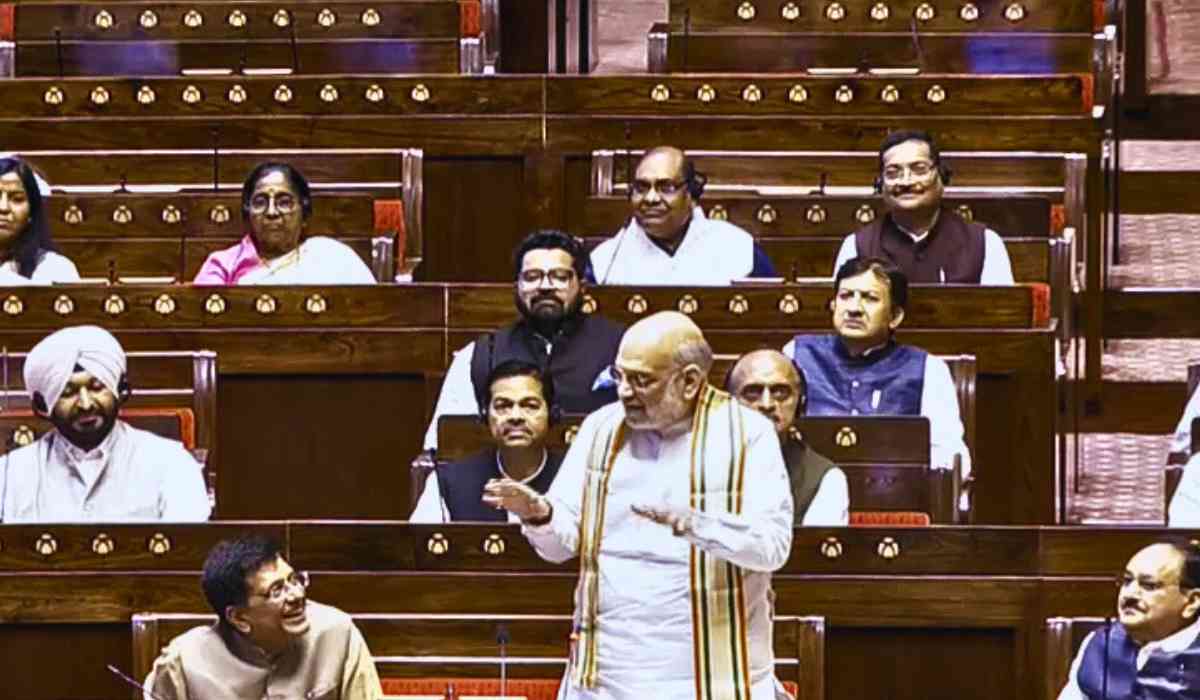The Rajya Sabha has recently passed the Waqf (Amendment) Bill, 2024, marking a significant development in the governance and regulation of Waqf properties in India. The bill, which had earlier cleared the Lok Sabha, is now awaiting presidential assent to become law. This article breaks down the bill’s key features, its implications, and the debates surrounding it.

What is the Waqf Act?
The Waqf Act, 1995, governs Waqf properties in India. A Waqf refers to an endowment of property—movable or immovable—for purposes deemed pious, religious, or charitable under Islamic law. The Act mandates the establishment of Waqf Boards in every state to manage these properties.
Over time, concerns about inefficiencies, lack of transparency, and alleged misuse of Waqf properties have led to calls for reform. The Waqf (Amendment) Bill, 2024 aims to address these issues.
Key Features of the Waqf (Amendment) Bill
-
Renaming the Act: The bill proposes renaming the Waqf Act as the "Unified Waqf Management, Empowerment, Efficiency and Development Act (UWMEED), 1995."
-
Reforms in Governance:
-
Mandates representation of at least two Muslim women on both Central and State Waqf Boards.
-
Ensures representation from various Muslim sects to promote inclusivity.
-
-
Transparency and Accountability:
-
Introduces rules for registration, auditing, and accounting of Waqf properties.
-
Allows decisions made by Waqf tribunals to be appealed in High Courts within 90 days.
-
-
Gender Equality:
-
Strengthens inheritance rights for women in Waqf-related matters.
-
Aims to eliminate gender-based inequality in property management.
-
-
Central Oversight:
-
Empowers the Central Government to frame rules for better management of Waqf properties.
-

The Debate Around the Bill
The bill has sparked intense debate in Parliament and beyond:
-
Government’s Stand: Union Minister Kiren Rijiju, who introduced the bill, emphasized that it seeks to modernize Waqf management and ensure transparency. He argued that these reforms position India ahead of many countries in terms of inclusive governance of religious endowments.
-
Opposition’s Concerns: Opposition parties like Congress, TMC, and others have criticized the bill as a potential infringement on minority rights. They argue that centralizing control over Waqf properties could lead to misuse and erode autonomy.
-
Support from Allies: BJP allies have backed the government’s stance, highlighting the need for reforms to curb alleged corruption and inefficiency within existing Waqf Boards.
Implications of the Bill
-
For Governance:
-
The bill is expected to improve transparency and accountability in managing Waqf properties.
-
By mandating inclusivity and gender representation, it could set a precedent for other religious endowments.
-
-
For Minority Communities:
-
While reforms aim to empower communities through better management, concerns about overreach by central authorities remain a contentious issue.
-
-
Legal Framework:
-
The provision for appeals in High Courts adds an additional layer of oversight but may also increase litigation.
-

The passage of the Waqf (Amendment) Bill reflects a broader trend toward reforming institutional frameworks governing religious endowments. While its proponents argue that it modernizes outdated systems, critics see it as a potential encroachment on minority rights. Striking a balance between efficient governance and respecting community autonomy will be crucial as this legislation moves forward.
As India awaits presidential assent for this bill to become law, its implementation will likely determine whether it fulfills its promise of inclusivity and efficiency or exacerbates existing tensions.
With inputs from agencies
Image Source: Multiple agencies
© Copyright 2025. All Rights Reserved Powered by Vygr Media.





















